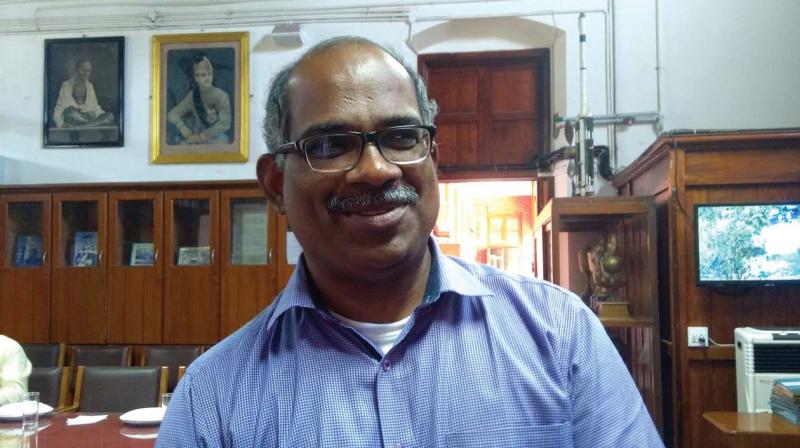Chasing a dream: Standardisation of Ayurvedic medicines
Phyto-chemist Radhakrishnan on mission to develop medicine testing protocol.

Thiruvananthapuram: A phyto-chemist scientist with CSIR-National Institute for Interdisciplinary Science and Technology is now spearheading a campaign for the standardisation of Ayurvedic medicines, their raw materials and production methods to help the medicinal system fight off the charge that it causes damage to the human body. "Standardisation of Ayurvedic medicines is extremely important and I have now been coordinating with scientists in other institutes and disciplines to develop a protocol to test Ayurvedic medicines," said K.V. Radhakrishnan, the scientist.
His worry stems from a trend among people to opt for herbal medicines without standardisation and validation. Lakshmitaru, the 'wonder drug' for cancer, has achieved fame as well as notoriety, Dr Radhakrishnan pointed out. "It is cytotoxic. There are many plants which may be toxic if the dosage is not right. That is why scientific validation is necessary." His team has created a repository of phytomolecules in 70 plants from Western Ghats.
The significance of phytochemistry, the study of chemicals derived from plants, has been on the rise but many scientists would rather choose other areas as it demands more time, patience and collaboration with scientists from other disciplines, according to him. Dr Radhakrishnan is now on an ambitious mission: to set up a centre for phyto-pharmaceuticals . "We don't have the repository of the phytomolecules of even plants, the medical properties of which are known," he said. "India has a lot of literature from the sixties and seventies on phytochemistry when it was a vibrant field. But now, the number of people working on it has reduced, though the methods of scientific validation have improved." He has now been travelling across Western Ghats to study plants with medicinal properties. "I have been working on a war footing. There is just no time to waste," he said.

